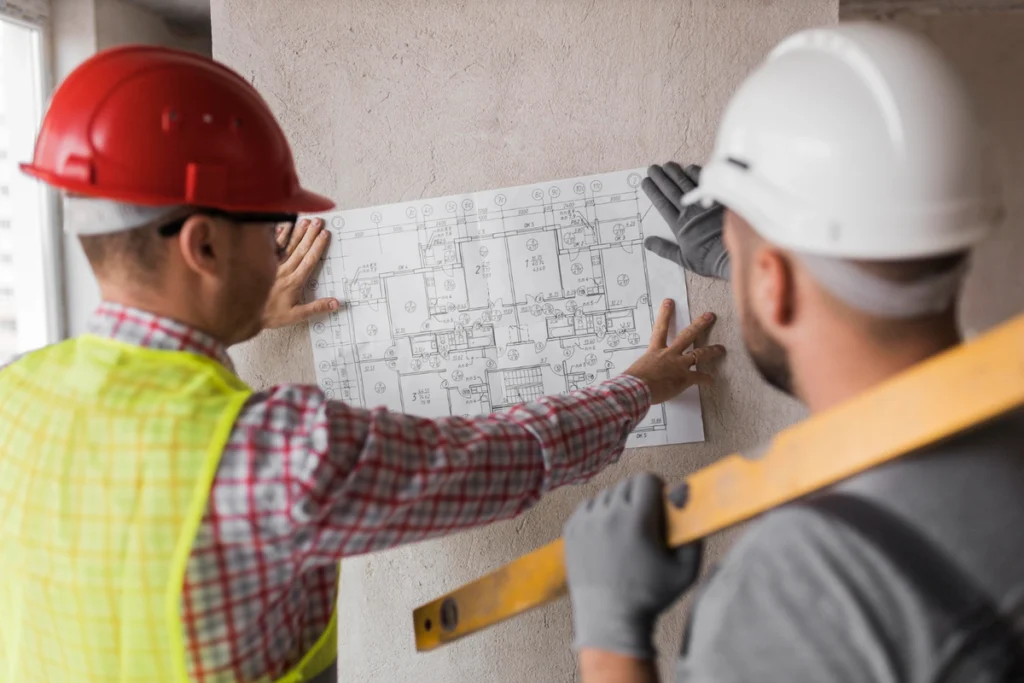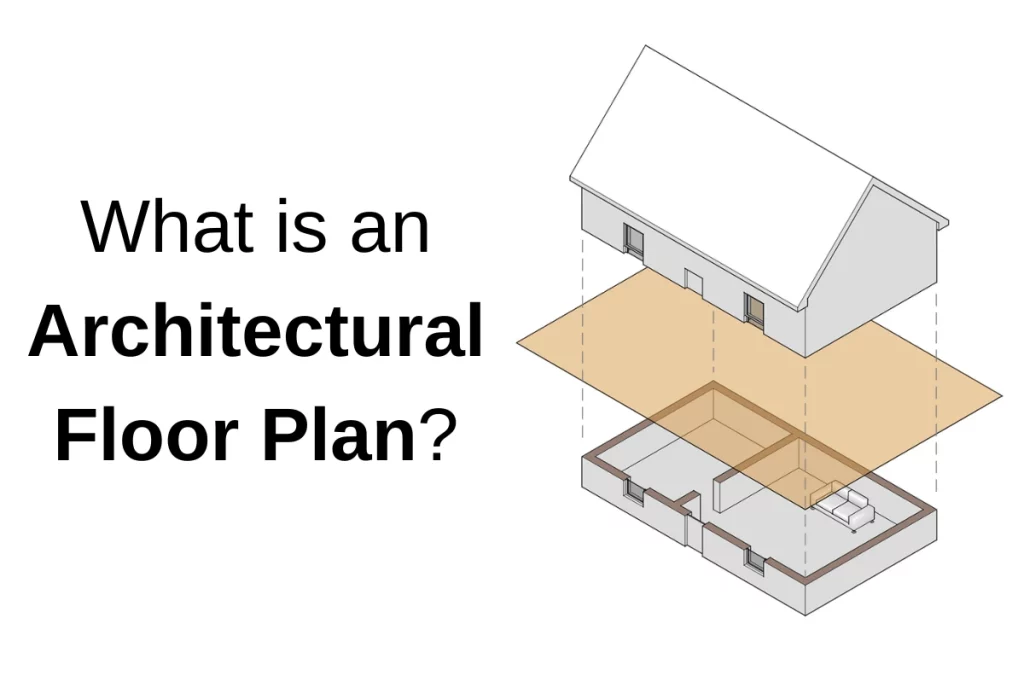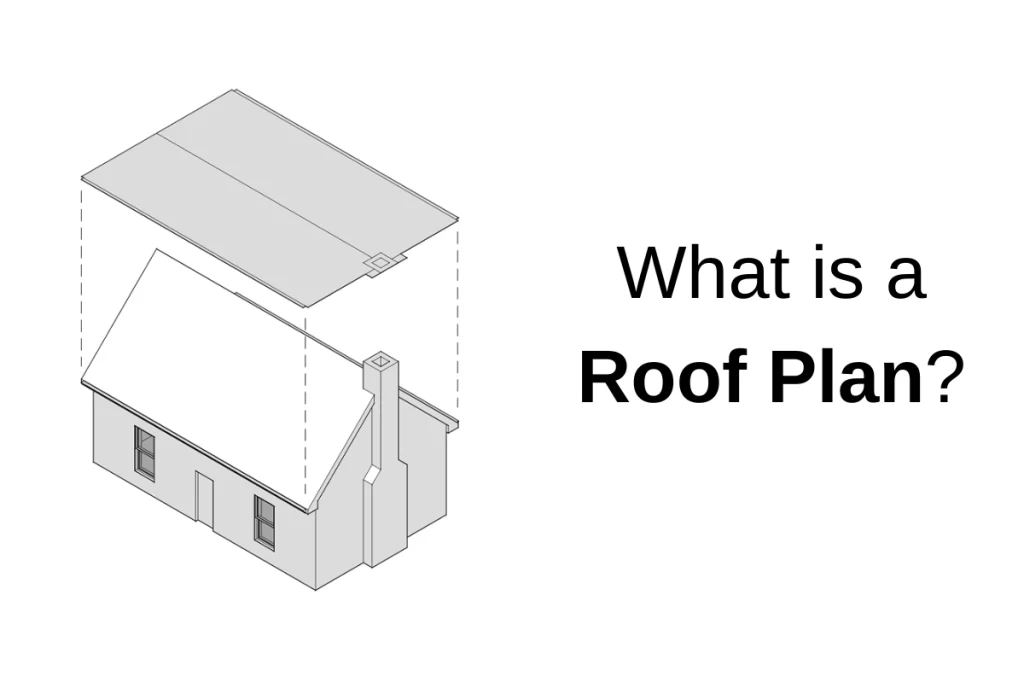Deciding who will build your dream home will be one of the most significant decisions you make in the home-building process. The two most common delivery methods are: General Contractors and Design/Build companies. Let’s take a look at the roles and responsibilities of each, and see which might be the best fit for you.
Design/Build Company
A design/build company is like a one-stop shop for home-building. They handle everything from the initial design to giving you the keys at the end of the process. This means architects, engineers, and builders all work under the same roof, collaborating closely throughout the project. They often have a portfolio of typical homes that you can customize or commonly offer a completely custom home option. There is a single contract and a single point of contact. Some “turn-key” companies even offer financing.
Pros:
- Simplified Communication: With everyone on the same team, miscommunications are minimized. The designers and builders coordinate more easily and have an established working relationship.
- Streamlined Process: You’re dealing with a single contract and one point of contact. This can simplify decision-making and coordination, and reduce stress.
- Cost Efficiency: The people designing your home are the people building it. This means they are likely more in tune with how much it will cost. They can weigh in early on constructability concerns and advise how to keep costs low.
- Faster Completion: Overlapping the design and construction phases can speed up the timeline, getting you into your new home sooner.
Cons:
- Less Competitive Bidding: Since you’re not bidding out the job to multiple builders, you aren’t able to compare costs.
- Less transparency: Sometimes expenses are “baked in” to the construction costs, so it’s hard to know how much individual services or elements cost.
- Limited Creative Input: Some design/build firms may have a signature style or limited options, which might restrict your design flexibility.
- Less Third-Party Oversight: Without an independent architect, there’s no separate advocate ensuring your interests are prioritized during construction (assuming you’ve hired a full service architect).
Good For:
If you value convenience and want a single team handling your project from start to finish, a design/build company might be your match. It’s ideal for someone who prefers a hands-off approach, trusts professionals to bring their vision to life, and wants to simplify the home-building process.
General Contractor
A GC, on the other hand, primarily manages the construction phase. You’ll typically hire an independent architect or designer team to create your home plans (or even buy plans online) and then the general contractor brings those plans to life. They will hire and coordinate subcontractors and manage the day-to-day construction activities while you work with the architect who manages the design team.
Pros:
- Customized Design: You have the freedom to choose an architect who resonates with your style, allowing for a truly personalized design.
- Competitive Pricing: By bidding out the construction work, you might find more competitive rates and have greater control over project costs.
- Checks and Balances: Having separate entities can create a system of oversight—the architect can ensure the contractor adheres to the design, advocating for your vision (assuming you’ve hired a full service architect).
- Some GCs will allow certain aspects of the work to be done by you. For example, maybe you can save money by doing the painting. This depends highly on what work you want to do, the GC, and what is required for a certificate of occupancy.
Cons:
- More Coordination Required: You’ll be the bridge between the architect and contractor, which can be time-consuming and sometimes challenging.
- Potential for Miscommunication: Separate teams might not always be on the same page, leading to possible misunderstandings or delays.
- Budget Misalignment: There’s a risk that the architect’s design may not align perfectly with your budget, potentially leading to redesigns or unexpected costs.
Good For:
If you’re someone who wants deeper involvement in the design process and values having specialized experts for each phase, going with a general contractor could be the best option. It’s great for those who want to be involved in the details, desire a high level of customization, and are comfortable juggling multiple professionals to achieve their dream home. It may also be the right path for someone who is hands-on and wants to do certain portions of the work themselves.
So, Which Path Suits You Best?
Choose a Design/Build Company if:
You want simplicity and efficiency, prefer to minimize your role in coordination, and appreciate a single point of contact. This route can reduce stress and keep the project moving smoothly, but consider hiring a third party inspector if you’re not familiar with construction.
Opt for a General Contractor if:
You like the idea of working with an architect of your choice to create a design and don’t mind being more hands-on. If you relish the idea of steering your project’s direction and potentially saving costs through competitive bids, this could be your ideal path.
A Few More Things to Consider
Here are some questions that might help you decide:
- Do you want to move into a new development under construction? Chances are the developer has/is a design/build firm, so you may not have a choice.
- What is your schedule? A design/build firm may speed up the process.
- How hands on are you? If you’re trying to do some of the work yourself, it may be easier to work with a GC.
- Are you, or do you get, overwhelmed with the decision making process? Design/build firms often have a “palette” of pre-vetted materials, light fixtures, plumbing fixtures, etc. to choose from, which could make decision making easier.
Remember, there’s no one-size-fits-all answer. Sometimes, talking to a few design/build firms and general contractors can provide insight into who aligns best with your expectations and personality. Seeing their portfolio of work and talking to previous clients can help you choose someone who is a right fit.
Image Source: Image by freepik




